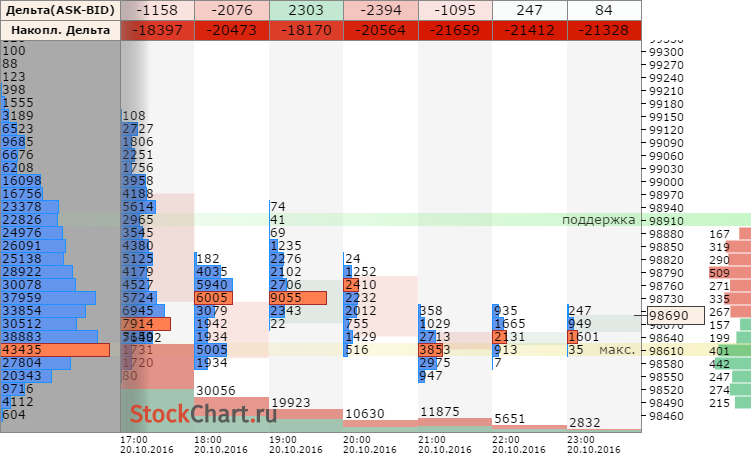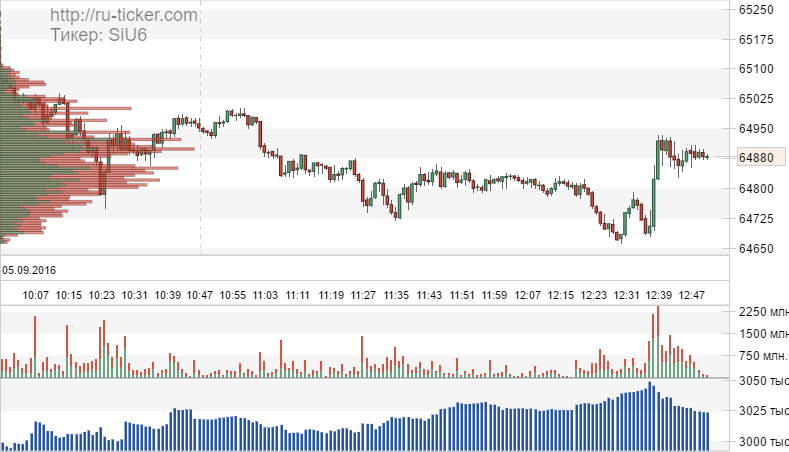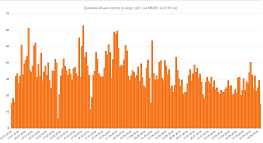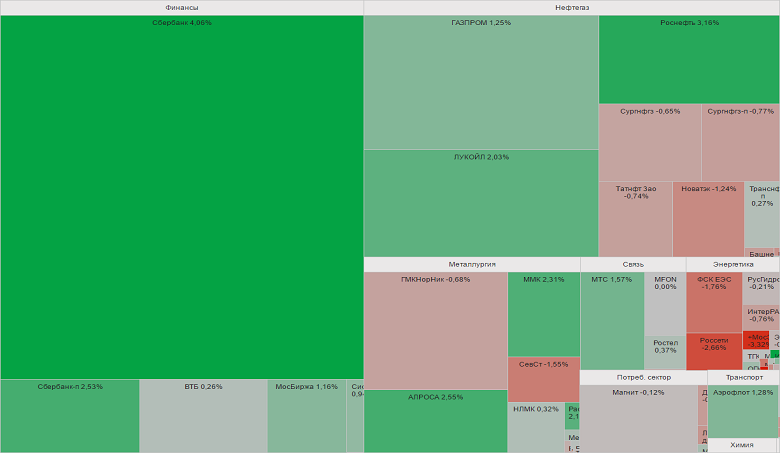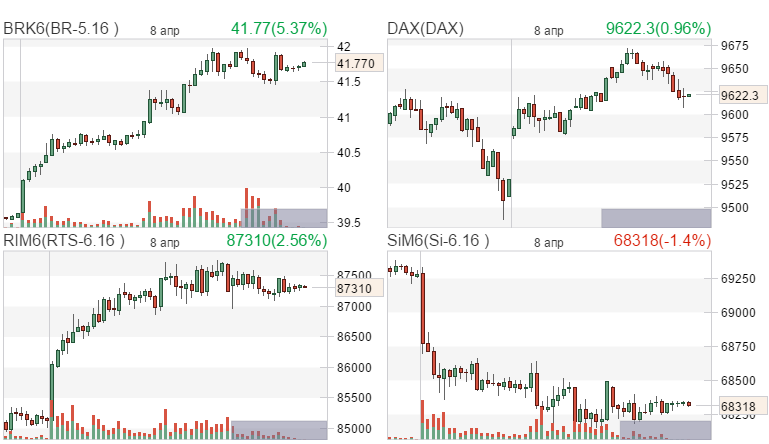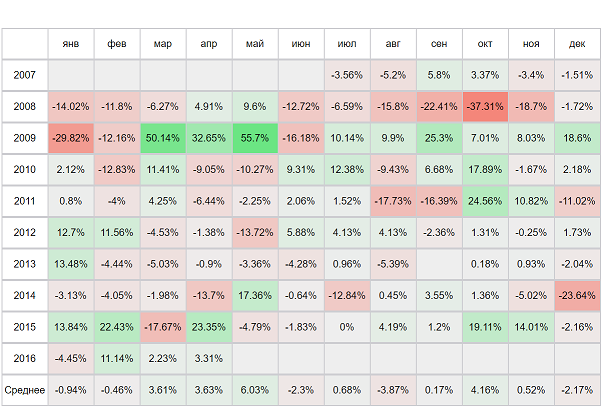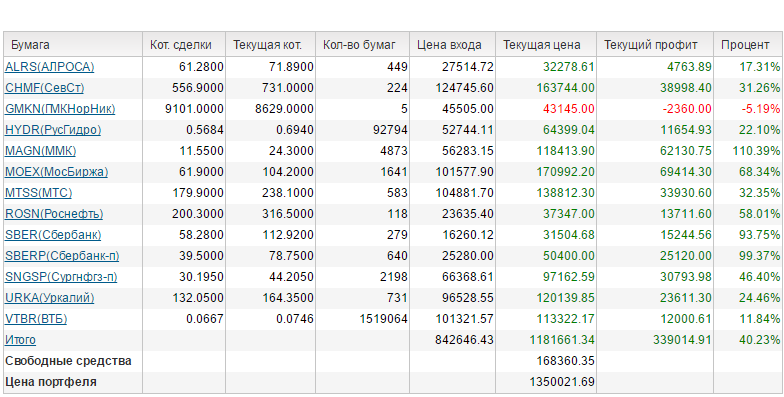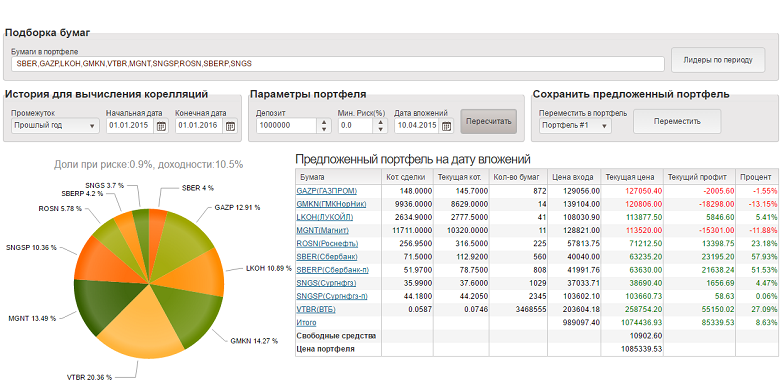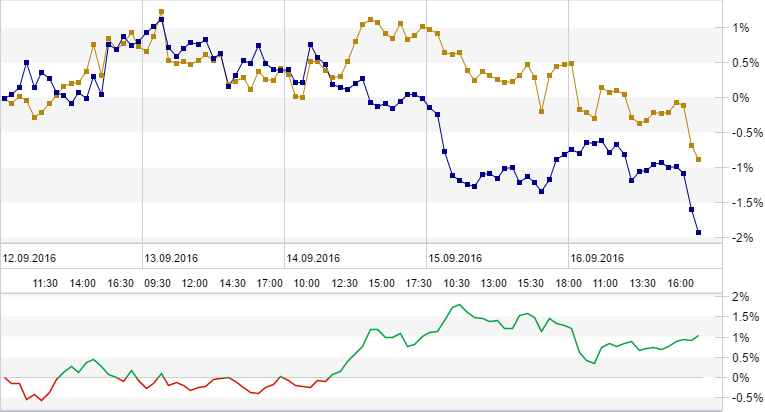 |  |  | |||||||||||
 |
|
||||||||||||
 |  |  | |||||||||||||||
 |
|
||||||||||||||||

Техническая поддержка
ONLINE
 |  |  | |||||||||||||||||
 |
|
||||||||||||||||||
What Will It Take to Secure Ukraine? With General David Petraeus
ruticker 06.03.2025 18:34:41 Recognized text from YouScriptor channel U.S. Chamber of Commerce
Recognized from a YouTube video by YouScriptor.com, For more details, follow the link What Will It Take to Secure Ukraine? With General David Petraeus
Good afternoon and welcome to the call brought to you by the **U.S. Chamber of Commerce** here in Washington. I'm your host, **Jay Sapsford**, and here is today's question of the moment: **What will it cost to guarantee Ukraine's security?** A tense exchange in the Oval Office last Friday sent shockwaves through Europe. It underscored what many are describing as a weakening of U.S. support for Kyiv and a reversal of U.S. foreign policy. By Sunday, European leaders were gathering in London to stand by Ukraine and show their support for its president, **Volodymyr Zelenskyy**. On Monday, the Trump Administration suspended military aid to put pressure on Ukraine. Today's guest has for years shaped military strategy for the U.S. in the Middle East. He has deep experience with prolonged conflicts and what it takes to bring them to an end. As Ukraine faces an uncertain future, he'll share his insights on what it will take to reach a settlement and what it all means for Kyiv, Moscow, and the West. Joining us now is **General David Petraeus**, chairman and partner of the **KKR Global Institute** and former director of the **CIA**. General, welcome to the call! **General Petraeus:** Great to be with you, Jay. Thanks! I have great admiration for the Chamber and especially for your CEO, **Suzanne Clark**. I'm sure she'll be glad to hear that. **Jay Sapsford:** Well, let me start by asking: What will be the cost of guaranteeing Ukraine's security? What do we need to get this deal done? **General Petraeus:** Well, in an ideal world, we would put Ukraine in a position of strength relative to Russia that it's not quite in right now. That would be defined as enabling Ukraine so much that they are able to change the dynamics on the battlefield, so that Putin finally recognizes that he can't achieve additional gains at an acceptable cost. That would require additional support, funding, security assistance, etc., from Europe and the United States, and ideally would include the bulk of, if not all, of the **$300 billion** of frozen assets that Russia has in European banks that could be seized and given to Ukraine. Keep in mind, their own arms industry has built up enormously over the years. In fact, I just did my fifth trip to Ukraine since 2022. Part of this was to participate in a huge expo of Ukrainian unmanned systems firms and so forth, and they can do even more than they have. Keep in mind that was **1.6 million drones** produced last year alone. They can ramp that up even further if they have the additional money. But let's be very clear about one thing: the importance of U.S. assistance. Even though, in aggregate, European countries have given a bit more than the U.S. if you take into account all forms of assistance—not just security but also humanitarian, financial, and economic—the U.S. provides certain capabilities that really no other country can provide. This is particularly critical when it comes to the all-important air and ballistic missile defense systems and munitions. Ukraine has done an admirable job keeping and limiting the damage that is done every night by Russia when it launches dozens and dozens of drones, missiles, and other munitions at them. Certainly, some have gotten through, and there's been a particular amount of damage to the energy generation facilities in Ukraine and also transmission. But by and large, far better than I think we expected when Russia really turned up the volume of these munitions. **Jay Sapsford:** Do you think the United States will resume support for Ukraine at some point, or is that off the table now? **General Petraeus:** No, I think they will. I think that this is a bit of a bargaining ploy. It's a very serious one because there are billions and billions still in the pipeline. By the way, also billions and billions that need to be spent in the United States to replenish our own stocks—much more of that, frankly, than what is in the pipeline. But as I mentioned, the key is that there are certain capabilities that only the U.S. can provide to Ukraine, and that really can't be replicated by the European countries, although in many other areas that is certainly possible. So some have speculated that the U.S. actually loses leverage by cutting off aid, but you don't quite see it that way? **General Petraeus:** Well, I think if there is a sense that you can get that assistance flowing again if you take certain actions—and I think Ukraine has definitely gotten the message on that—then I think that is considerable leverage. Yes, and it can be considerable leverage as well when it comes to getting Ukraine to accept whatever the terms of the ceasefire are. Though I frankly agree with President Zelenskyy that a critical element that needs to be identified is what guarantee there will be. Keep in mind that when Russia launched this in the first place, there had been something called the **Budapest Memorandum** signed decades earlier, right after the collapse of the Soviet Union, in which the U.S., U.K., and Russia assured Ukraine that we would be there to help secure them if they gave up the nuclear weapons that were still on their soil when the USSR collapsed. Everyone agreed to that; the nuclear weapons were dealt with. That didn't help them in 2014 when Russia occupied Crimea and parts of the southeastern part of the country known as the **Donbass**. There were additional agreements following that, many of them spearheaded by European leaders, especially Chancellor Merkel at the time. That didn't help them a whole heck of a lot in February 2022 when the full-on invasion was launched by Russia. So I think it's fair—it's imperative, really—for President Zelenskyy to ask: What will be the security guarantee? We've heard some encouraging words, very impressive words actually, from Prime Minister **Starmer** of the U.K., President **Macron**, and others who have committed to putting boots on the ground. But I still haven't heard what they're actually going to give the mission to these units that are on the ground, and in particular how they would respond if Russia breaks the ceasefire. That is the key, and no one yet has provided the answer to that. In truth, by the way, they're also using a term—peacekeeping. There isn't any peace to keep in Ukraine if Russia stops attacking and stops its offensive operations on the ground. This is not the former Yugoslavia, where you had three warring factions in Bosnia and Herzegovina, where I spent a year of my life, by the way, as the chief of operations of the NATO force there, and then also chased war criminals and terrorists with a U.S. hat. It's not Haiti, where I also served as chief operations for a UN force, where there were very serious criminal elements and gangs that needed to be suppressed in order to make progress. The Ukrainian police are more than capable of keeping the peace in the 80% of their country that they still control. It's really all about what will be done to Russia if it breaks the ceasefire. And it shouldn't, of course, be just a kinetic response; it should be further re-imposition, most likely then, of even more draconian financial and economic sanctions. Can I just follow on to the cost of securing Ukraine? The cost of not securing Ukraine will be much, much greater. That would be a catastrophe for Europe and NATO. And of course, we still are the leader of NATO. I've been, as a one, three, and four-star general alone, served in NATO positions, and the U.S. foundation to any NATO operation is critically important. And then beyond that, as **Andrew Roberts** and I repeatedly mentioned in our book, *Conflict: The Evolution of Warfare from 1945 to Gaza*, we observe that what you do in one part of the world influences perceptions in other parts. If we were not to continue to help Ukraine in its hour of need—a country that shares our values and principles—what would that effect be out in the Indo-Pacific region? Would people see our unwillingness to help Ukraine as an indicator of what might happen out in the Indo-Pacific if there was a threat out there? **Jay Sapsford:** Before we get to China, because I do want to raise that, I wonder what you think the U.S. should ask of Russia in trying to come to an agreement over in these peace negotiations. What are the terms that Russia should meet? **General Petraeus:** Well, again, I don't want to give away right off the bat some of the bargaining chips that have seemed to be given up right off the bat, such as the potential of NATO membership, such as the potential of forces on the ground, or other EU membership, and so forth—much less continued assistance to Ukraine to ensure that it's not demilitarized and made an easier target for resumption of the war once Russia's had a chance to catch its breath and replenish the staggering losses in armored and other systems. But first and fundamental, obviously, is to stop shooting into Ukraine on a nightly basis—these GL bombs, ballistic missiles, hundreds of drones every 24 hours, many of those from **Tant Teron**, I might mention. Stop the offensive on the ground. There are other demands that should be placed; some are going to be for negotiating leverage. And I'm a little uncomfortable, again, that we haven't made Russia give up something to get some of these that we might have held them to. At the end of the day, though, really, I think it does come back to the security guarantee. And I'd really want to know, especially if I were in President Zelenskyy's shoes or those of his senior officials and military leaders, what will that guarantee consist of? **Jay Sapsford:** Without those guarantees, doesn't that just embolden China with its own sovereignty claims, whether it's Taiwan or elsewhere in the Indo-Pacific? **General Petraeus:** Well, it could very easily undermine deterrence. Keep in mind that deterrence is a function of two elements: one is the potential adversary's assessment of your capabilities, and the other is the assessment of your willingness to employ those capabilities. For deterrence in the Indo-Pacific to be rock solid—note that there are other elements that should come into the equation as well—but it's the military that is the foundation of deterrence. There should be no doubt about our capabilities, noting, by the way, that we need to transform more rapidly. If the new administration—still new administration—is able to carry out rapid change in how we procure systems and so forth, that would be hugely significant. But the other is that there should be no question about our willingness to employ our systems—not to be needlessly provocative here, but just to make sure that there aren't questions about that. Because it's when there are questions—I have argued that, for example, the Biden administration's withdrawal from Afghanistan, when we didn't need to—that was a sustainable engagement for us. We hadn't lost a soldier in 18 months, and the cost was $25 billion out of an $800-plus billion defense budget. And then the way it was carried out sent a very unhelpful message to **Vladimir Putin**. He undoubtedly was surprised that we responded as substantially as we did, even though, of course, there were endless delays on many of the critical decisions about critical assets that Ukraine needed much sooner than we ended up providing to them. **Jay Sapsford:** I have a question here from one of our audience members who notes that there seems to be a different set of goals here between Russia and the United States. The United States wants a quick peace; they want the fighting to end. But on Russia's side, they seem to look at what one of our audience members is calling a "vassal state"—something that it could just be under its own subjugation rather than an independent state next door. I wonder how those two can be reconciled. **General Petraeus:** Well, first let me just say that I am absolutely sympathetic to the desire to end this bloodshed, the destruction, the damage, and so forth. I think everyone can agree on that, especially if there is a real security guarantee. And of course, we keep coming back to that element. But you raise a good question. If **Vladimir Putin** is animated by this frankly revanchist, revisionist, twisted view of history that denies Ukraine sovereignty—and there are real insights from some that Vladimir Putin said one time when he was asked what was the worst geopolitical catastrophe of the 20th century—lots to choose from there: World War I, World War II, the Great Depression, a number of other calamities. But his answer was the dissolution of the Soviet Union, and that is very full of insight. That tells you what he's after here, especially when it comes to Ukraine—a country for which he's had a very considerable animus ever since the collapse of the Soviet Union. **Jay Sapsford:** Now, another one of our audience members is asking: Shouldn't the U.S. just leave Ukraine in the rebuilding afterwards to Europe and turn our focus to China in the Far East? **General Petraeus:** Well, certainly the Europeans should do more. And by the way, I think that President Trump has done more than anyone else, certainly in the Oval Office, to get them to do more. They are talking now about really ramping up their defense spending. I wish they'd done it much earlier than this, clearly, but they are very serious about this now, in part because of President Trump's threats. So these can be useful in negotiating. But at the end of the day, we really are the foundation for what NATO does. Europeans should do much more; that would enable us to do a good bit less. Because you're right that the Indo-Pacific is the first and foremost theater when it comes to our national security. But make no mistake about it, we have an absolute, cold, realistic need for national security that involves ensuring that Russia does not invade anything further of Ukraine, much less, say, Moldova or Lithuania, which would now take us into NATO countries and so forth. So yes, Europe should do more; yes, the U.S. should focus even more on the Indo-Pacific. But again, as I mentioned earlier, if you don't help with respect to Ukraine—by the way, if you don't help with respect to the Middle East—that sends a very unhelpful message about our willingness to employ the forces that we have in other theaters around the world, first and foremost the Indo-Pacific. **Jay Sapsford:** Well, to your point about the Europeans ramping up defense spending, another one of our audience members is wondering: Is there a risk that after being snubbed by the U.S., there's been a bit of a rift between the NATO allies over this issue? Is there a risk that the EU might turn to China to arm itself? **General Petraeus:** I don't think they'll turn to China to arm themselves, but they might turn to China more in economics and so forth. Keeping in mind that Europe has generally been pretty aligned with the U.S. when it comes to various economic concerns about China, about the heavy subsidies that they had, for example, on their electric vehicles. The U.S. slapped 100% tariffs on those electric vehicles; so did Canada. Europeans somewhat less, but still a very substantial tariff there. And again, along with other actions that are being taken right now, there could be less dependence on the U.S., and that's not necessarily good. There are some features to that that can be useful, again, in negotiating leverage. We already see that with respect to Mexico. They've already sent a variety of very serious bad guys extradited to the United States. They've gotten much more serious about illegal immigration and a bit more serious about fentanyl as well. Clearly, that's not yet satisfactory because the White House put 25% tariffs on them. But again, if that is not long in duration, that could be a useful drill. But if it goes too long, then you might see actual supply chain changes and economic changes in literally the geoeconomics that we have right now, which are generally advantageous to us. **Jay Sapsford:** Okay, I've got another audience member asking: It certainly appears that we are keen to bring the Kremlin into our orbit as a matter of new policy. What do you think is on the table here? Is that what this could lead to in the end? **General Petraeus:** Well, we've seen a number of administrations try this over the years, as you know. President **George W. Bush** had that famous meeting in which he looked into Putin's eyes and so forth. We had the attempt at a rebalance early in the **Obama Administration**. And candidly, these have not turned out the way folks had hoped that they would. Perhaps this is a moment where that could be different. I think it generally is better to talk than to—what is it?—talk, jaw-jaw than war-war, as Churchill put it. I think, but we need to be measured in that. We need to realize, you know, as a CIA director, you learn to deal with the world the way it is, not the way you'd like it to be. And we need to determine: Is this what we'd like it to be, or is it really the same kinds of great power rivalries that we've seen over the course of the last 10 years in particular? **Jay Sapsford:** General, now you spent years working in the Middle East. Are there lessons there that we might learn on rebuilding that we might apply to Ukraine? **General Petraeus:** Well, yeah. I think I'd actually look a bit more back at the **Marshall Plan** or some of these other experiences. This is something that's very situationally dependent. With respect to Iraq, for example, you had a country that could generate **$100 billion** in revenue if we just patched up the entire oil system production and export and then also got the electrical towers back upright and re-ringed them—no small task, but it was accomplished during the Surge. You contrast that with a place like Afghanistan, which could barely generate a billion dollars of reserves for that purpose. So again, very, very situationally dependent. I do think that the future for Ukraine, even if it has to leave Russia in control of 20% of its territory, is very, very bright. They have extraordinary agricultural blessings, they have tremendous nuclear energy generation—some of that damaged, or the transformers and transmissions certainly damaged around it—but they'll get that back online. They have tremendous IT skills, and they will be the military industrial capital of Europe with the largest ground force in Europe as well. Again, I mentioned how extraordinary their capabilities are, not just in aerial drones but also in maritime and now ground systems that are remotely piloted. In fact, much of their logistics movement back and forth from rear to the forward areas is now with systems that don't have anyone driving it because it's so dangerous with the density of drones overhead. They're remotely piloted, and again, they are way ahead of any other country in the world, including the United States, with what they have been able to produce when it comes to these unmanned aerial, maritime, and ground systems. So they'll be, I think, in a very good position if there is real security. **Jay Sapsford:** I wonder if you might be able to sum up for our members exactly what you've been telling your business clients about what they can expect in the months and the years ahead as the situation in Europe sorts itself out. **General Petraeus:** Well, I think it's much bigger, frankly, than just Europe. I think that there is a degree of unpredictability and a degree of disruption that we've seen play out really just over the last four weeks in particular. We hope that at some point in time, the negotiating leverage will—those efforts and activities—can become a bit more consistent and predictable because I think that is very, very important. You know, there's a bit of worry right now, for example, that the uncertainty is actually affecting consumers—that they may see, you know, do you really make the big investments of your life, homes, houses, etc., if you're uncertain about the future? So I think the sooner that there's a greater degree of predictability, noting that some of that unpredictability can put you in an advantageous position relative to certain objectives that we've not been able to achieve before. And again, I just use Mexico as an example when it comes to illegal immigration, fentanyl, extradition of serious bad guys, a real attention to the criminal empires that are actually at work in Mexico, etc. So let's see how long these various measures are in place, let's see what they get out of them, and then get to a degree of predictability that I think will be very helpful for consumer sentiment, for markets, and also for ensuring that inflation continues to go down rather than re-accelerates. **Jay Sapsford:** All right, well, our audience has had their afternoon shot of informational espresso, so we'll leave it there and get on with our day. I want to thank **General David Petraeus**, chairman and partner at KKR's Global Institute, for joining us this afternoon. General, thank you so much for swinging by! **General Petraeus:** Great to be with you, Jay. Thanks! **Jay Sapsford:** And a warm thank you to you, our members, for joining us today. If you want to connect or suggest a topic, reach out to us via the email on the screen or join the conversation on LinkedIn. If you've missed an episode, you can see the replay on our website or catch our podcast edition anytime on Apple, Spotify, or wherever you get your podcasts. This has been the call brought to you by the **Global Intelligence Desk**, asking the right questions to navigate uncertain times.
Залогинтесь, что бы оставить свой комментарий

